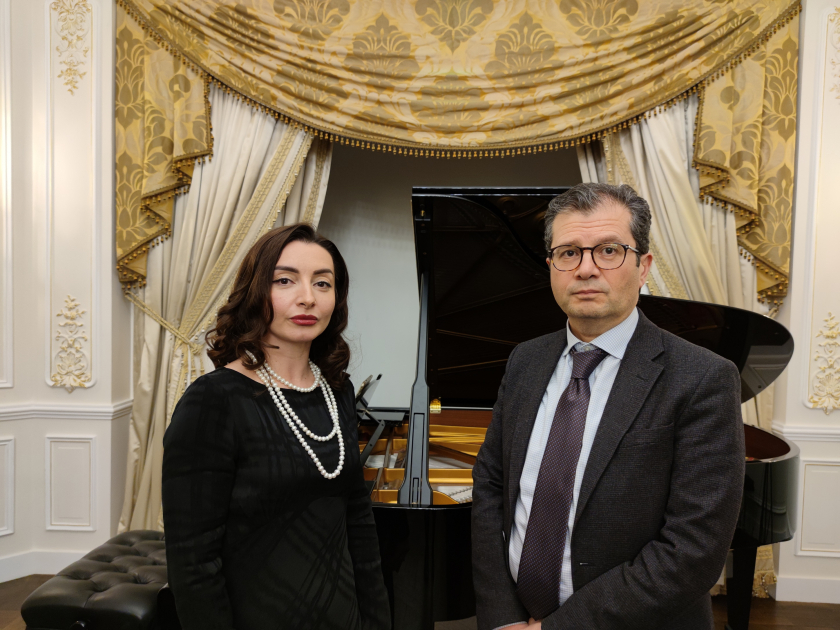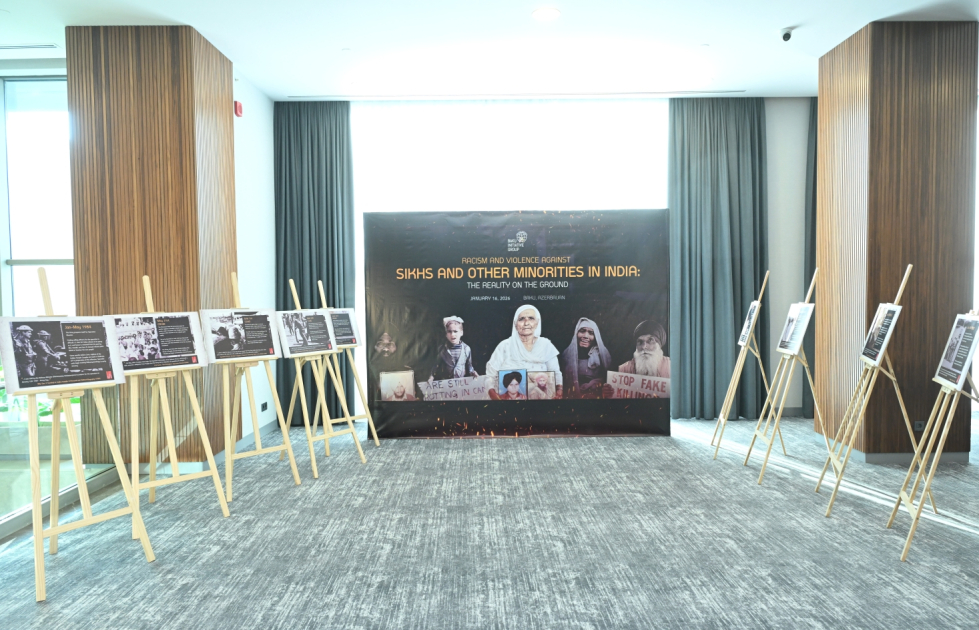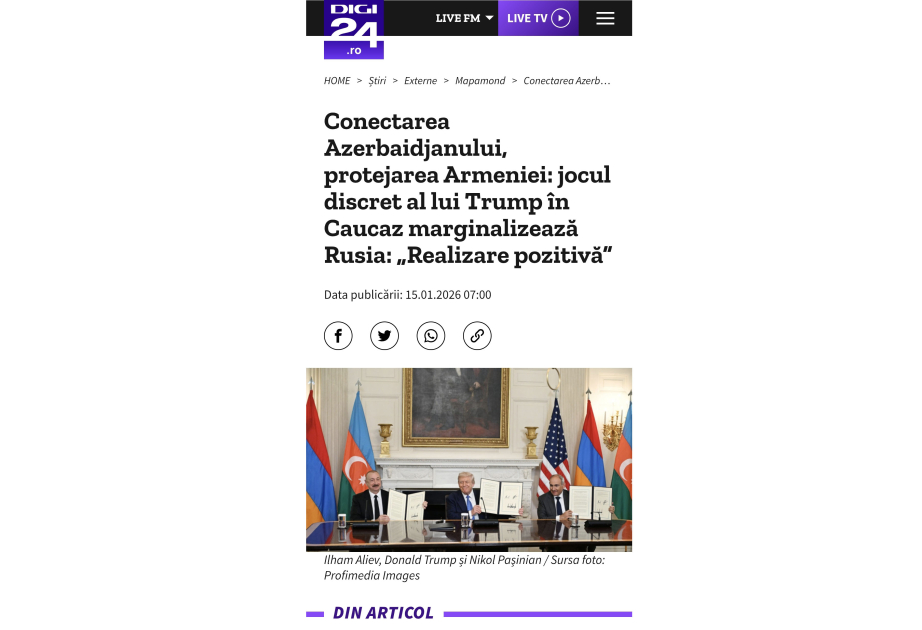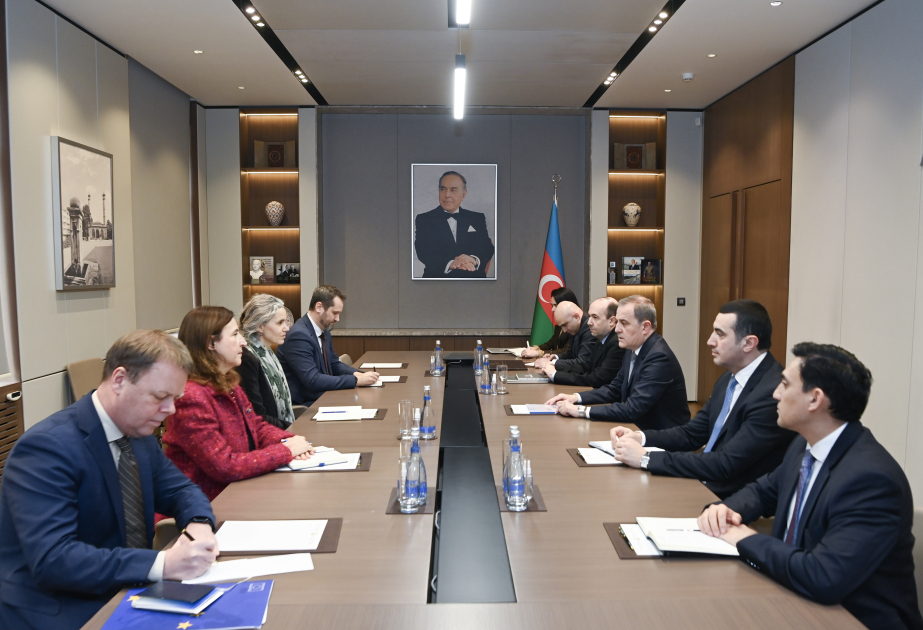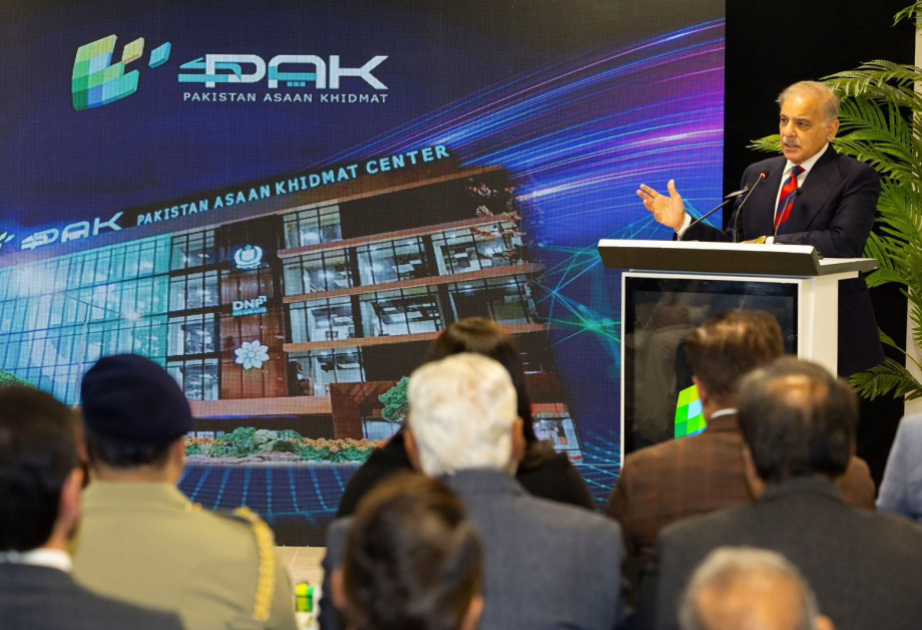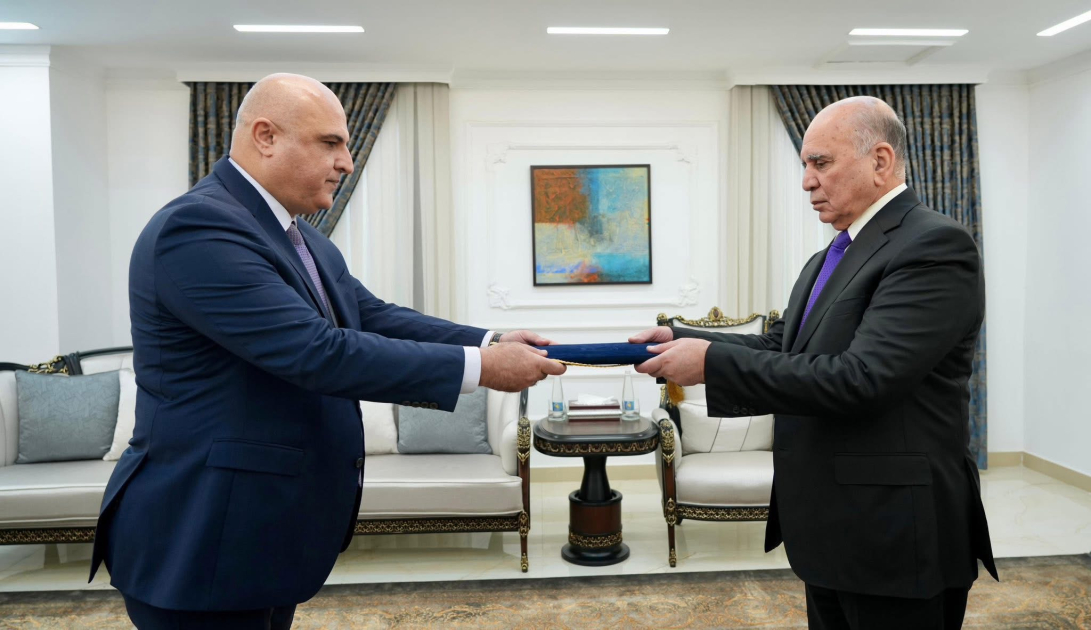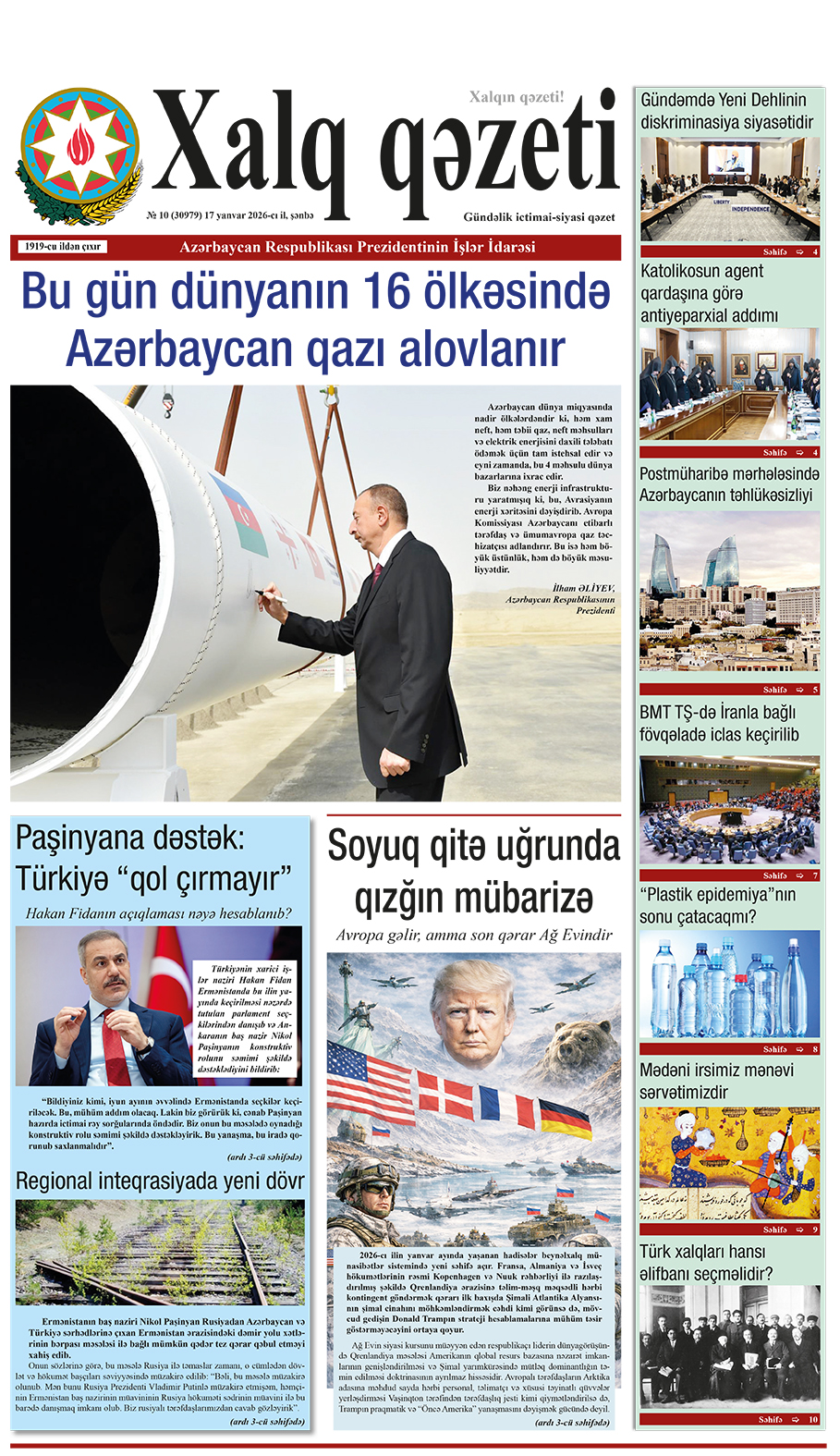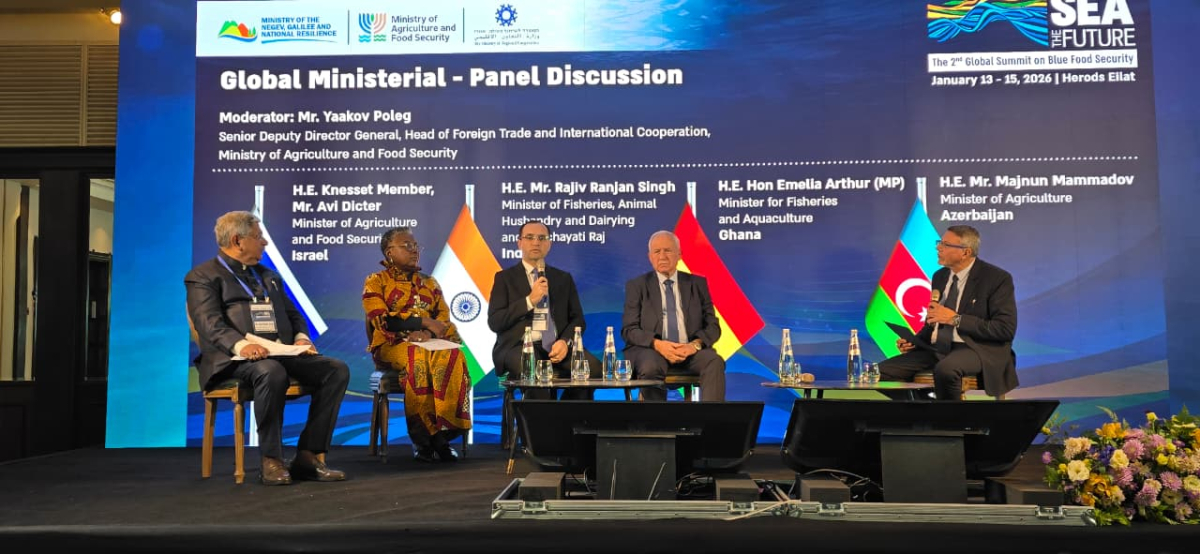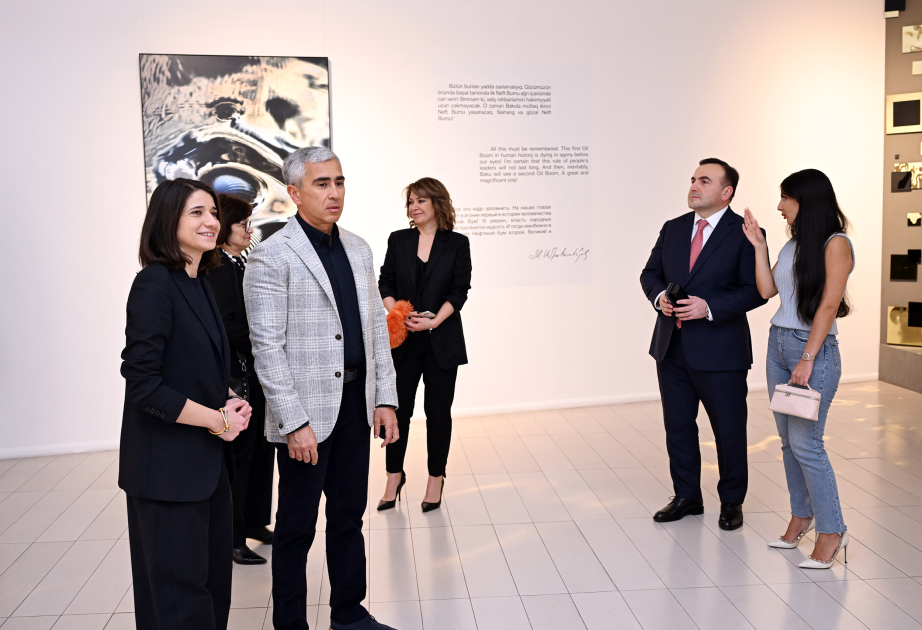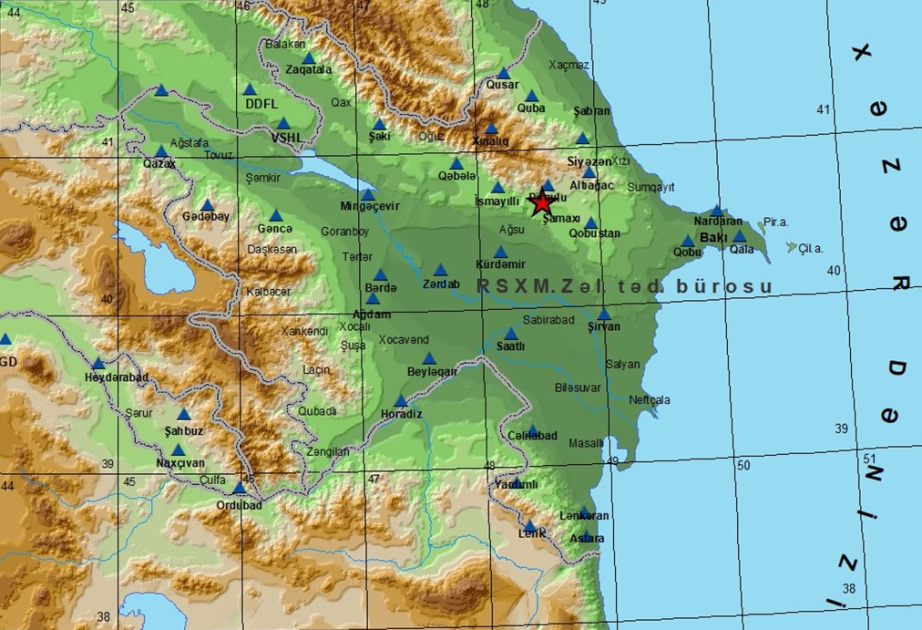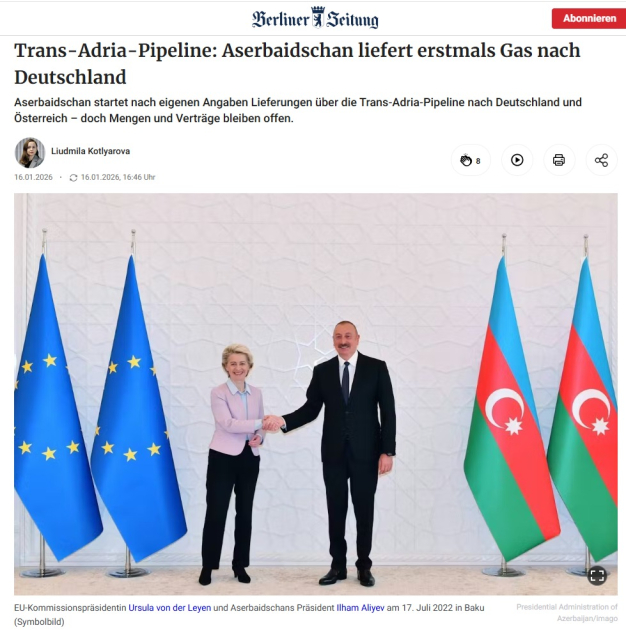The working visit of President Ilham Aliyev to New York became an event with several important strategic dimensions. On one hand, it demonstrated Azerbaijan’s confidence in its role as a connecting link between regions and key global players. On the other hand, it showed that the country is going beyond a regional agenda and aims to actively participate in global processes, particularly in areas such as energy, transportation, and digital transformation, American political analyst, President of the geopolitical risk consulting company Scarab Rising, Inc., member of the Board of Directors of the Washington Outsider Center for Information Warfare, and a national security attorney Irina Tsukerman told AZERTAC.
The expert emphasized that such a high-profile participation of Baku in the events held in New York — particularly the 6th Caspian Business Forum under the theme “Along the Middle Corridor: Connectivity, Finance, and Energy” — underscores the growing significance of the Caspian region in international politics and the global economy.
Irina Tsukerman highlighted that the key focus of the Azerbaijani President’s meetings was the topic of energy security. President Aliyev presented Azerbaijan as a reliable supplier and transit country capable of ensuring stability amid the unpredictability of global markets. In her opinion, the Caspian region today is a space where the interests of Russia, Iran, Europe, and Central Asia intersect, and it is precisely Azerbaijan that can offer balance and predictability, creating conditions for long-term cooperation.
Particular attention was given by the expert to the meeting between President Ilham Aliyev and the Secretary General of the Council of Europe. She noted that Brussels sees Baku as a strategic partner capable of helping reduce energy dependence on Russia. This meeting also had a political dimension: Azerbaijan demonstrated that it is not merely implementing others' interests, but is an independent actor building its own partnership strategy.
Equally important, according to Irina Tsukerman, were contacts with representatives of Middle Eastern countries. Azerbaijan declared its readiness for joint humanitarian and economic initiatives, as well as expanding cooperation in the field of security. This strengthens Baku’s image as a mediator capable of communicating with both the West and the East, without limiting itself to any single area of interest.
For the domestic audience, Irina Tsukerman said, this visit sent an important signal. It showed that Azerbaijan is not just restoring its position after the war, but is consolidating itself as a regional leader in demand by major global players. For society, this confirmed that the country is confidently moving towards becoming an international hub capable of shaping the terms of cooperation.
She emphasized that President Ilham Aliyev skillfully used the opportunities of the visit to promote bilateral interests. Such flexibility, according to the expert, allows Azerbaijan to benefit from the competition between global power centers and to strengthen its own position.
Irina Tsukerman gave a pragmatically optimistic forecast for the next six months. She noted that on the energy track, additional agreements are likely to be concluded to increase gas supplies to Europe, linked to the modernization of compressor stations and the expansion of main infrastructure capacity. In parallel, progress is expected on electricity export projects toward Southern Europe, which will require alignment of technical standards and financial guarantees from European institutions.
In relations with the EU, according to the American expert, there will be a noticeable deepening of the transportation agenda. Pilot initiatives to simplify customs procedures and synchronize digital platforms for Trans-Caspian transit could produce rapid results. If these steps are supported by joint investments in port and railway infrastructure, Baku will gain a sustainable window of opportunity to secure its status as a key transit hub.
The partnership with Türkiye, in the expert’s opinion, will receive additional momentum through the coordination of expansion schedules for existing pipelines and the verification of routes for new logistics services. Coordination on the security of transport corridors will remain a priority, which will enhance synergy in trilateral formats involving Central Asian countries and create a foundation for joint energy and industrial initiatives.
The United States, according to the expert, will remain a significant external factor. In the coming months, more substantive dialogue is expected on issues of energy transition, digital security, and supply chain resilience. If Baku succeeds in consolidating joint projects in clean energy and cybersecurity of critical infrastructure, this will add strategic depth to bilateral relations without compromising regional balance.
Contacts with the Middle East, Irina believes, will develop in the sphere of investment and humanitarian programs. Framework agreements are likely to be formalized for Middle Eastern capital participation in energy network and logistics projects. For Azerbaijan, this will become a source of diversified financing and provide access to markets where demand is growing for technological solutions and food security.
Within the Caspian region, more coordination is expected with the Central Asian states. The focus will remain on harmonizing tariff policies and increasing the predictability of transportation schedules. If interests in raw material exports and high-tech services can be aligned, Azerbaijan will strengthen its role as a systemic coordinator.
Tsukerman emphasized that risks remain and require attention. These include energy market volatility, possible escalations in neighboring regions, and competition from alternative routes. Risk mitigation is possible through multi-tiered insurance mechanisms, an expanded pool of investors, and an increase in the share of long-term contracts.
The overall result over a six-month horizon, in her view, could be expressed in the growth of transit volumes, consolidation of new energy directions, and strengthening of Baku’s political weight in negotiations with the EU and key partners. This will enhance the resilience of Azerbaijan’s foreign policy and expand its room for maneuver between major power centers.
For the European Union, this will mean greater reliability of the Caspian corridor and an opportunity to accelerate the green agenda through electricity transmission projects. For Türkiye, the economic and logistical linkage with Azerbaijan will be further strengthened. For Russia, a possibility for constructive cooperation on technical issues will remain, with reduced conflict potential. For the United States, an additional channel for practical dialogue on energy and digital security will open. For the Middle East, new platforms for investment and real-sector cooperation will emerge.
This vector, as a result of the New York visit, will create a foundation for Azerbaijan to convert diplomatic contacts into measurable projects. The successful implementation of the initial agreement packages will form a demonstration effect, attracting new resources and partners. This will transform the outcomes of the New York meetings from a diplomatic initiative into a sustainable architecture of regional influence.


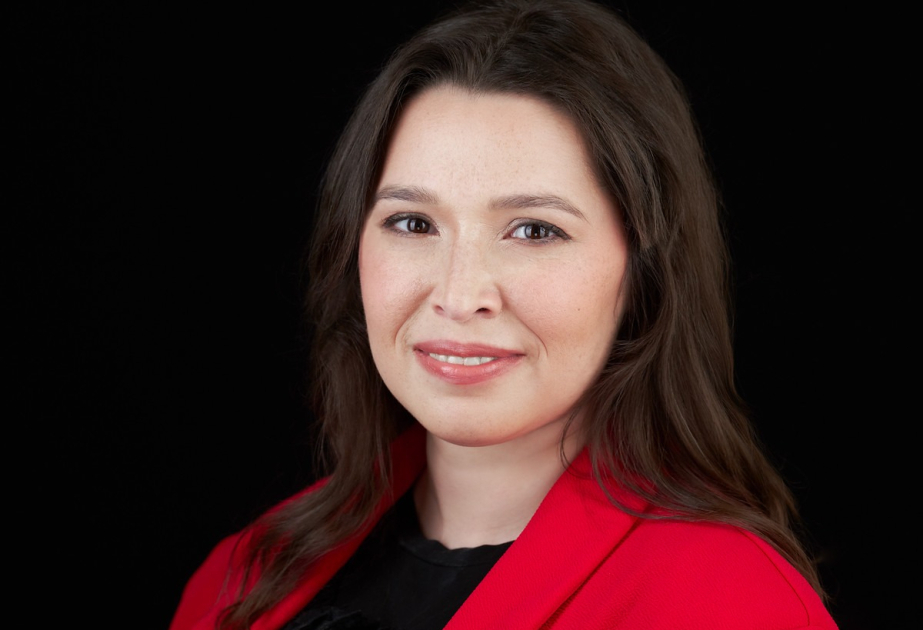
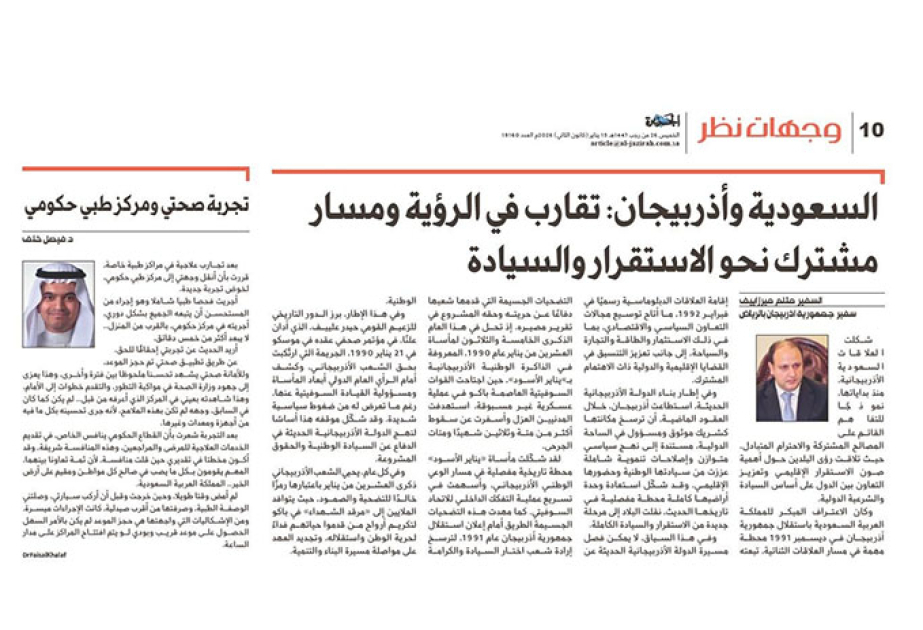
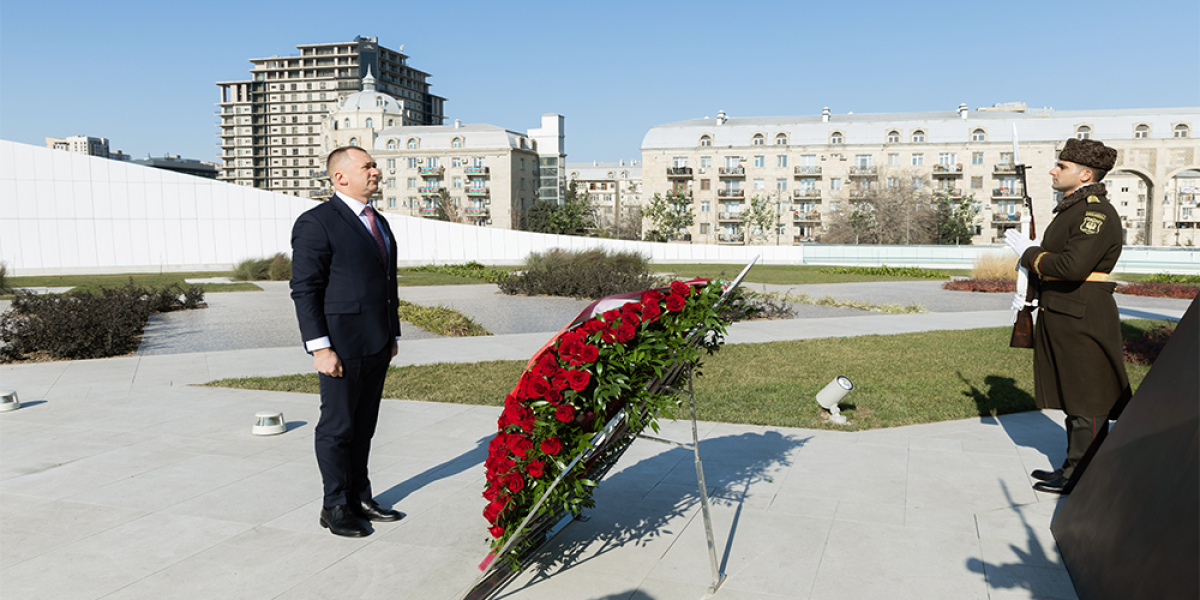
.jpg)
